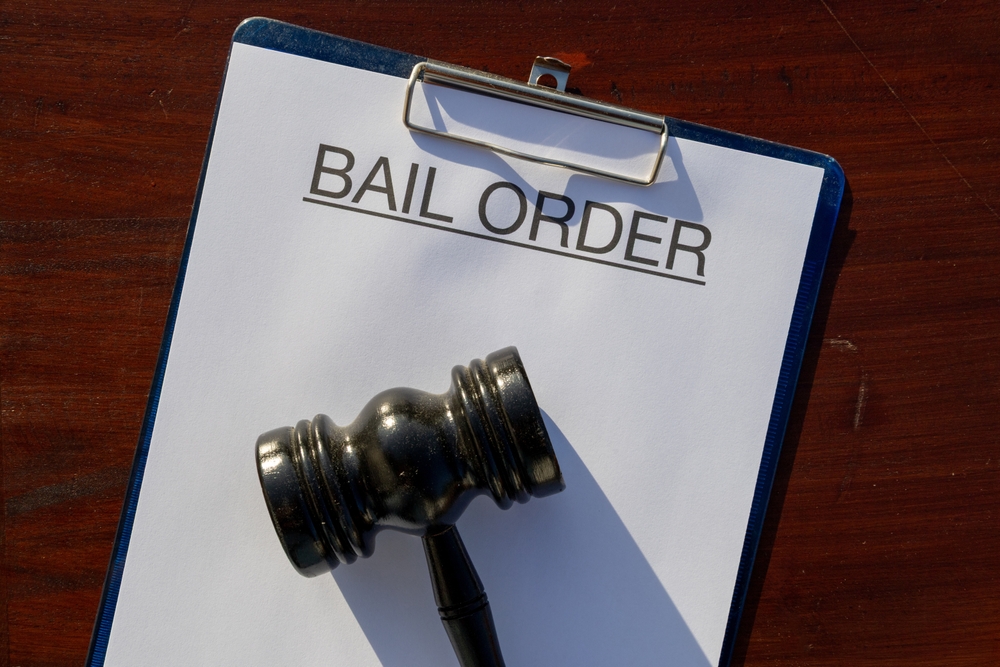
When someone is released on bail, that freedom comes with strings attached. Courts often impose specific conditions that must be followed, from attending all court dates to avoiding certain individuals or locations.
These rules aren’t just formalities – they’re actively monitored and enforced, and breaking them can have serious consequences. Whether you’re securing release with the help of Bristol CT bail bonds or navigating the process for someone else, understanding how these conditions work is crucial to staying in compliance and out of further legal trouble.
What are common conditions for bail?
Before release, the court typically outlines specific conditions that the defendant must follow. These are legally binding rules designed to ensure the person returns to court and doesn’t commit further offenses while out on bail.
These conditions often include:
- Mandatory court appearances: The most basic and non-negotiable requirement. Missing even one can result in immediate consequences.
- No contact orders: Often applied in domestic violence or assault cases, prohibiting contact with alleged victims.
- Travel restrictions: Leaving the state or even the county may be prohibited without prior court approval.
- Drug and alcohol testing: Especially for cases involving substance use or DUI charges.
- Employment or school attendance: In some cases, the court may require continued attendance as a stabilizing factor.
- Check-ins with pretrial services: Regular check-ins with a court-appointed officer, similar to probation monitoring.
Each of these conditions is designed to manage risk and maintain accountability during the pretrial phase.
How are bail conditions enforced?
Once conditions are set, the court doesn’t rely on the honor system. Multiple mechanisms are in place to ensure the defendant is following the rules. Here’s how enforcement typically works:
Court monitoring systems
Many defendants are assigned a pretrial services officer who monitors compliance. This can include regular check-ins, curfews, drug screenings, or written progress reports submitted to the court. These officers act as a bridge between the court and the defendant during the pretrial period.
Electronic monitoring
In higher-risk cases, the court may order GPS monitoring through an ankle bracelet or a smartphone app. These tools help enforce curfews or geographic boundaries, such as house arrest or restrictions on entering specific areas.
Random compliance checks
Law enforcement or court-appointed officers can show up unannounced to verify that conditions (like curfews or no-contact orders) are being followed. These visits help catch violations early and deter risky behavior.
Community reporting
Victims or involved individuals are often given channels to report violations. For example, in a domestic violence case, if the defendant attempts contact, the protected party can inform authorities, triggering immediate legal action.
Bail bond agent oversight
If the bail was posted, the agent often plays an active role in monitoring. Some may send reminders about court dates or perform welfare checks. If the defendant breaks a condition, the bondsman can legally apprehend and surrender them back to jail.
Looking for Bristol, CT, go-to agents for bail bonds? Our team has your back!

Navigating bail conditions is about staying compliant to avoid serious setbacks. At BailCo Bail Bonds Manchester, we help clients fully understand what’s expected of them, from curfews and court check-ins to restrictions on travel or contact.
If you’re posting bail with collateral, we’ll walk you through the responsibilities and risks involved, so you’re never caught off guard. For those considering bailing themselves out or a co-signer backs out mid-process, we explain how conditions still apply. From paperwork to post-release support, we’re here 24/7 in Hartford County to keep your case and your peace of mind on steady ground.
